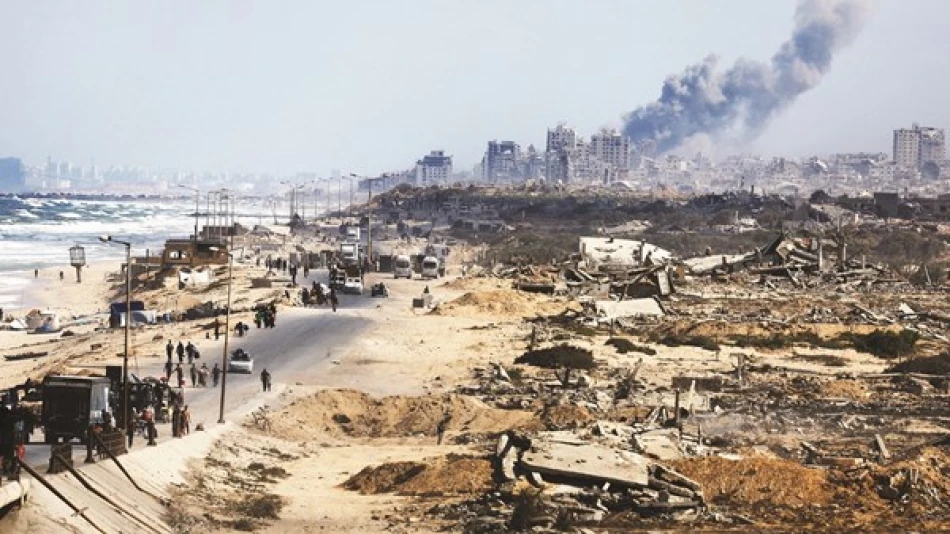
Gaza's Healthcare System Grapples with Near-Total Paralysis: Navigating Challenges and Seeking Solutions
Gaza's healthcare system is collapsing as blood banks run out of critical supplies, threatening to shut down completely while casualties from Israeli airstrikes continue to mount. The Palestinian Health Ministry reported 83 deaths and 216 injuries in the past 24 hours alone, bringing the total death toll since October 7, 2023, to over 65,000.
The ministry warned that blood bank services across Gaza hospitals face complete shutdown due to severe shortages of laboratory supplies and blood transfer equipment. This means hospitals can't receive or transfer blood units or their components, making it nearly impossible to treat the growing number of wounded.
The crisis hits particularly hard as Israeli forces launched 170 airstrikes on Gaza in the past day, according to the Israeli military. The Palestinian Information Center reported that Israeli forces also demolished residential buildings in the Al-Nafaq area north of Gaza City.
Gaza's entire healthcare infrastructure is barely functioning. Dozens of hospitals and medical centers have been targeted or destroyed during the ongoing military operations. The shortage of medical supplies makes it impossible for hospitals to handle emergency cases or conduct essential lab tests.
The numbers paint a grim picture. Since March 18, more than 12,900 people have been killed and over 55,000 wounded. Among the recent casualties, seven Palestinians died while trying to get humanitarian aid, bringing the total number of people killed while seeking assistance to 2,538.
Many victims remain trapped under rubble or on streets where ambulance and civil defense crews can't reach them due to intense bombing and destroyed infrastructure.
UN humanitarian officials are sounding alarms about the deteriorating situation. Olga Cherevko from the UN Office for the Coordination of Humanitarian Affairs said life in Gaza has become unimaginably harsh. Hundreds of thousands of civilians live under constant military operations, forced to move to areas they know aren't safe but having no other options.
The healthcare crisis extends beyond emergency care. Hospitals can't respond to basic needs, and outpatient clinics have stopped functioning. The number of patients who can't find a bed, doctor, or even clean water grows daily.
Pregnant women face particularly dire conditions. The UN Population Fund estimates that about 23,000 women lack access to basic health services. Others are forced to give birth in streets or overcrowded shelters without doctors, clean water, or medical equipment. About 15 babies are born weekly without any medical supervision.
The ongoing blockade has created what international organizations describe as an escalating humanitarian catastrophe. With military operations continuing and essential supplies running out, Gaza's medical system is reaching a breaking point that threatens thousands of lives beyond those directly affected by the fighting.
Most Viewed News

 Layla Al Mansoori
Layla Al Mansoori






